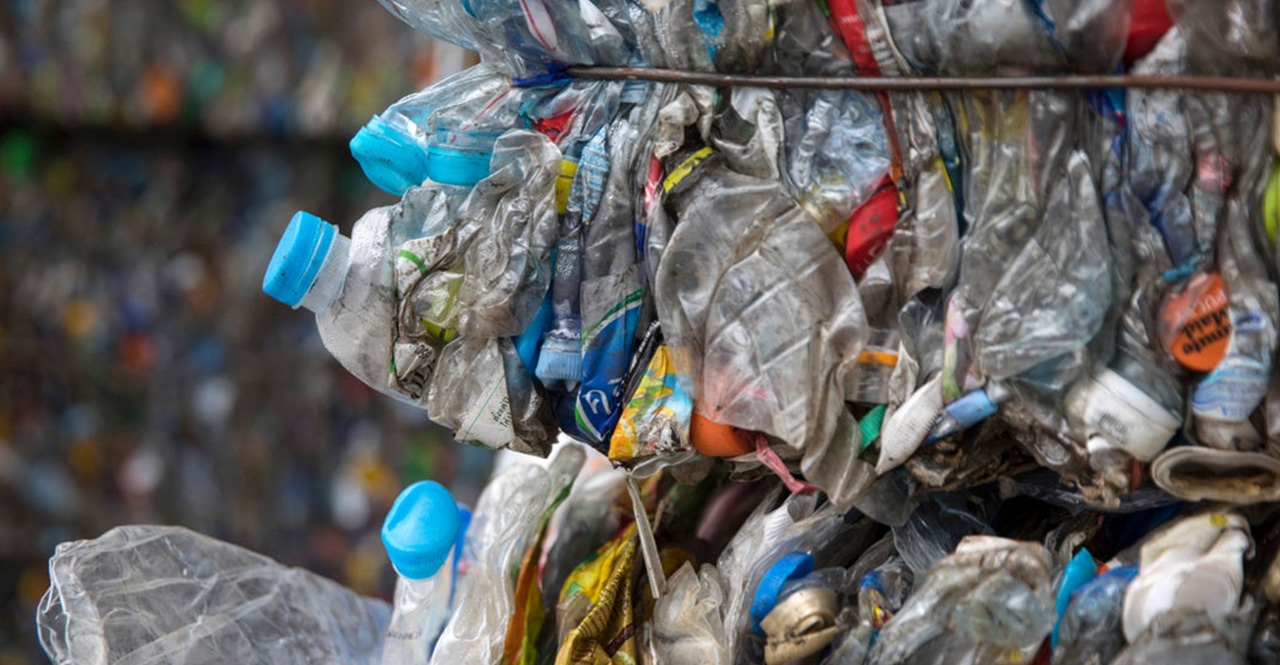Reclaim Waste Melbourne: Top Approaches to Effective Liquid Waste Removal
Fostering Resource Performance and Environmental Management Through Fluid Waste Removal Programs
In the world of ecological stewardship, the management of liquid waste stands as an important juncture where resource effectiveness and ecological defense converge. With a lens of aggressive engagement and critical foresight, the landscape of fluid waste management reveals a tapestry of difficulties and opportunities that beckon us to check out the path towards a greener and more sustainable future.
Importance of Liquid Waste Elimination
The value of fluid waste elimination depends on its critical duty in protecting ecological wellness and securing public wellness. Liquid waste, if not effectively taken care of, can posture significant dangers to ecological communities, water resources, and human health and wellness. Through reliable elimination processes, hazardous substances such as contaminants, pathogens, and chemicals are protected against from infecting the atmosphere and creating damaging effects.
Correct fluid waste removal additionally assists in preventing the spread of conditions and decreasing the potential for groundwater contamination. By securely taking care of liquid waste, the risk of waterborne health problems and pollution-related health concerns is considerably minimized - Liquid waste removal. Furthermore, reliable removal techniques add to preserving the overall tidiness and visual appeals of areas, thereby improving the lifestyle for locals
In addition, liquid waste elimination plays an essential role in sustaining lasting development and guaranteeing conformity with ecological regulations. By adhering to correct waste monitoring markets, organizations and methods can reduce their environmental footprint and demonstrate business obligation. Inevitably, purchasing robust fluid waste elimination programs is crucial for advertising environmental stewardship and fostering a healthier, safer future for all.

Benefits of Effective Disposal
Reliable disposal of liquid waste not just safeguards environmental health and wellness and public health however additionally yields many advantages that extend past prompt containment procedures. One key advantage of effective disposal is the decrease of pollution in water bodies and soil. By effectively managing liquid waste, the danger of contamination lowers, preserving environments and safeguarding biodiversity. Additionally, effective disposal methods add to source conservation. With procedures like reusing and power recuperation, valuable resources can be extracted from liquid waste, promoting sustainability and minimizing the pressure on raw products. Moreover, adopting efficient disposal techniques can cause set you back financial savings for organizations and areas. By optimizing waste management procedures, companies can simplify procedures, lessen disposal costs, and potentially produce income through the sale of recycled materials. Overall, the advantages of reliable fluid garbage disposal are diverse, including environmental security, resource effectiveness, and economic benefits.
Technologies for Waste Therapy
Making use of sophisticated modern technologies for waste treatment plays a crucial function in ensuring the efficient management and risk-free disposal of fluid waste. One of the essential modern technologies employed in liquid waste therapy is biological therapy.
Advanced oxidation procedures (AOPs) have obtained popularity for their capability to degrade consistent natural pollutants in liquid waste via the generation of highly reactive hydroxyl radicals. Membrane layer modern technologies like reverse osmosis and ultrafiltration are effective for separating impurities from liquid waste streams. Furthermore, thermal therapy approaches such as incineration can be employed for the total devastation of hazardous components in fluid waste. On the whole, the integration of diverse therapy modern technologies guarantees thorough and eco-friendly monitoring of fluid waste.
Function of Laws and Conformity
In the realm of fluid waste this page administration, adherence to regulatory structures and compliance requirements is extremely important for protecting ecological health and wellness and sustainability. Regulations play a vital duty in controling the correct handling, treatment, and disposal of liquid waste to stop harm to ecosystems and human wellness. By developing clear guidelines and criteria, governing bodies ensure that organizations and individuals included in liquid waste management operate in an environmentally accountable way.
Compliance with these policies is not only a lawful need yet also a moral commitment to safeguard the atmosphere for present and future generations. It entails carrying out best methods in waste collection, transportation, therapy, and disposal to minimize ecological effect and advertise source efficiency. Non-compliance can lead to penalties, lawful activity, and reputational damages for companies, highlighting the relevance of upholding governing criteria.

Future Trends in Waste Management

One more key trend in waste management is the adoption of advanced information analytics and expert system to enhance waste collection try here courses, enhance arranging processes, and enhance overall operational performance. These modern technologies enable waste administration companies to make data-driven decisions, causing cost savings and environmental advantages.
Moreover, there is an expanding emphasis on the development of decentralized waste monitoring systems, such as onsite treatment facilities and mobile waste handling units. These systems offer adaptability and scalability, enabling for more reliable waste handling in diverse environments.
Verdict
In final thought, fostering source performance and ecological security via liquid waste removal programs is critical for sustainable development. Effective disposal methods, advanced technologies for waste treatment, and rigorous policies play key functions in minimizing ecological impact. Looking ahead, continual development and renovation in waste management methods will certainly be vital for dealing with the expanding obstacles of liquid garbage disposal.
In the realm of environmental stewardship, the monitoring of liquid waste stands as an important juncture where resource effectiveness and ecological protection assemble (Reclaim Waste page Melbourne).Making use of innovative technologies for waste treatment plays a critical role in making sure the reliable management and risk-free disposal of fluid waste.In the world of fluid waste management, adherence to regulatory frameworks and conformity criteria is critical for guarding environmental health and sustainability.In final thought, cultivating source performance and ecological protection through liquid waste removal programs is important for lasting growth. Looking in advance, continual innovation and improvement in waste monitoring techniques will certainly be crucial for addressing the growing challenges of liquid waste disposal